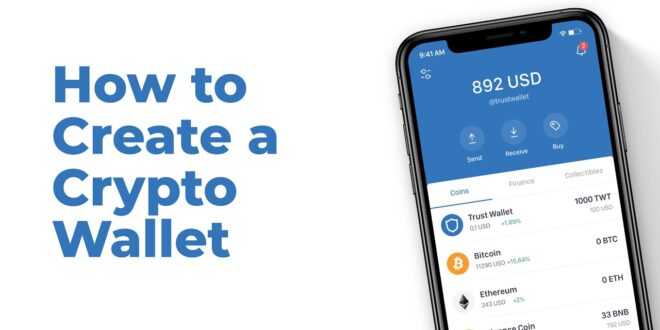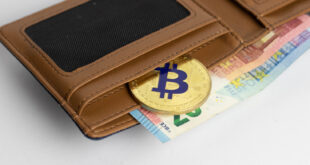Over the past few years, the cryptocurrency market has remarkably grown. The investment returns for cryptocurrency traders are extensive, and this trend will go on for a while.
The development of a crypto wallet app for a broad user base is now appropriate given the bright outlook for cryptocurrency trading. ZenGo X is a research and development group who combine deep knowledge in applied cryptography.
You could have the choice to keep the “keys” to your coins in the account that serves as one form of storage when you purchase digital currency on a trading platform or exchange.
However, you can also transfer them away from the platform to a private cryptocurrency wallet, which could be software running online or entirely offline (cold storage).
The following are a few different types of wallets available for your crypto currency:
- Hardware Wallet
- Software Wallet
- Cold Wallet
- Hot Wallet
There are following 3 types of hot wallet:
- Desktop Wallets
- Mobile Wallets
- Web Wallets
Do you need a wallet?
Technically, you need not download a desktop hot wallet application or keep your funds in cold storage. You may store your cryptocurrency in a wallet on many cryptocurrency exchanges, and some users choose to leave it at that.
Is it acceptable to store your cryptocurrency in a wallet provided by an exchange like Coinbase or Kraken, though?
When it comes to crypto, there is a learning curve, but as long as you have a firm grasp on concepts like public and private keys, hot and cold storage, and other crypto security issues, you can get away with it. It is acceptable to leave your coins with Coinbase, Gemini, or somewhere else until you learn all of that.
It is claimed that the ultimate goal is to shift your cryptocurrency onto your own form of storage rather than relying on that option, but some exchanges have gone above and beyond for security and storage.
Along with taking security measures, many trustworthy exchanges, including Coinbase and Crypto.com, provide insurance on cryptocurrency holdings and even use cold storage methods themselves. Your cryptocurrency is not protected by any regulatory body, unlike cash kept in a bank.
That provides your investment with yet further layer of security in the event that hackers steal your cryptocurrency or the exchange fails.
However, there is still a possibility of hacking. KuCoin only recently suffered a hack worth more than $200 million. Even if the users’ money was returned, it serves as a reminder of the risk any exchange, like conventional financial institutions, can run.
The security of a hot wallet is comparable to that of your bank account. The majority of exchanges take their security procedures seriously and frequently have insurance to support their security in the event of an attack. The degree of power you have over your own coin is the trade-off, though.
Additionally, relying on a centralised organisation (the exchange) to hold the keys to your cryptocurrency might be seen as a security concern in and of itself in a community that values decentralisation.
 Trades Crypto Currency – The Best Digital Currencies Ideas – Get Insights with
Trades Crypto Currency – The Best Digital Currencies Ideas – Get Insights with




